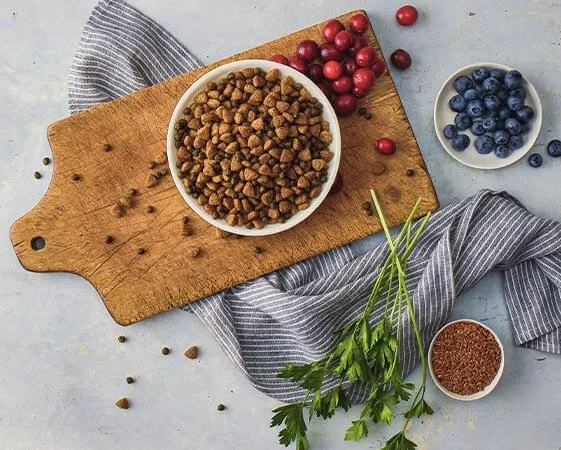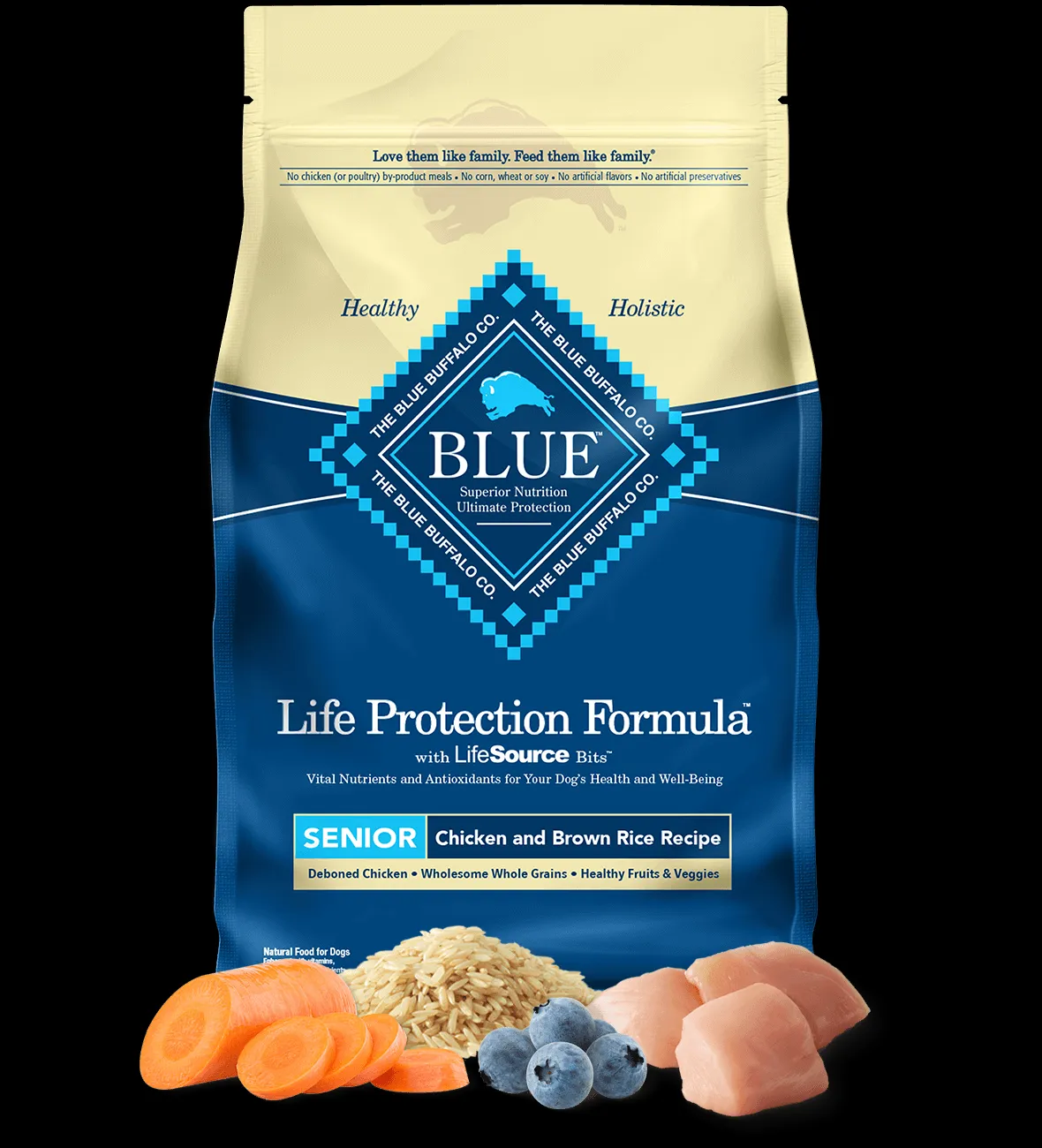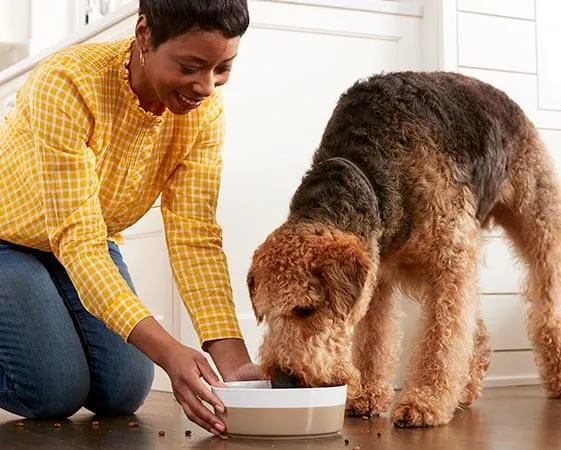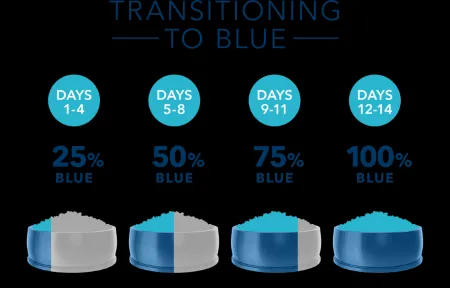As our canine companions gracefully age, their nutritional needs evolve, especially concerning their joint health and overall vitality. Ensuring fostering senior dogs near me with a diet specifically formulated for these changes is crucial for maintaining their quality of life. A balanced diet plays a pivotal role in supporting their mobility, comfort, and well-being, helping them enjoy their golden years to the fullest. This article delves into the importance of targeted nutrition to achieve Well And Good Joint Health For Senior Dogs, focusing on key ingredients and comprehensive care.
Understanding Joint Health Challenges in Senior Dogs
Senior dogs commonly face challenges such as arthritis, reduced cartilage integrity, and decreased mobility. These issues can lead to discomfort and significantly impact their activity levels. Recognizing these signs early and providing proactive nutritional support is vital. The right ingredients can help mitigate these age-related changes, supporting healthy cartilage and reducing inflammation, thereby promoting better movement and overall comfort for your aging friend. For those considering adding to their family, exploring best toy dogs for seniors can also offer insights into breeds known for their adaptability and companionship.
Key Ingredients for Well and Good Joint Health
A specialized diet for senior dogs prioritizes ingredients known for their joint-supporting properties. These components work synergistically to maintain cartilage, reduce inflammation, and bolster overall mobility.
Glucosamine and Chondroitin: The Joint Defenders
Glucosamine and chondroitin sulfate are naturally occurring compounds crucial for the health and maintenance of connective tissues and cartilage. Glucosamine helps support cartilage structure, while chondroitin sulfate aids in maintaining and rebuilding joint cartilage. Together, they form a powerful duo that is particularly beneficial for the joint health of large-breed dogs and aging pets, helping to alleviate discomfort and improve flexibility.
Omega-3 Fatty Acids for Anti-Inflammatory Support
Ingredients rich in omega-3 fatty acids, such as fish oil and flaxseed, offer significant anti-inflammatory benefits. Omega-3s, particularly DHA, not only support joint health by reducing inflammation but also contribute to healthy skin and a shiny coat. Furthermore, these essential fatty acids are vital for improving cognitive functions and supporting healthy weight and kidney health in senior dogs, providing comprehensive benefits beyond just joints. If you are looking to provide a loving home, finding older rescue dogs for sale can be a rewarding experience for both you and a deserving older dog.
High-Quality Protein for Muscle Maintenance
As dogs age, maintaining muscle mass becomes increasingly important, especially to support the joints. High-quality protein sources like deboned chicken and chicken meal are essential. Chicken provides amino acids that support muscle development and overall bodily repair, ensuring that the muscles surrounding the joints remain strong and provide adequate support. This is crucial for sustaining mobility and preventing further strain on aging joints.
Beyond Joints: Holistic Nutrition for Senior Dogs
Optimal nutrition for senior dogs extends beyond just joint support to encompass their overall health and well-being, addressing various age-related needs.
Antioxidant-Rich LifeSource Bits™ for Overall Well-being
A unique blend of antioxidants, vitamins, and minerals, often referred to as LifeSource Bits, is carefully selected by veterinarians and animal nutritionists to support a senior dog’s immune system health, meet their specific life stage requirements, and maintain a healthy oxidative balance. These cold-formed bits help retain the potency of their heat-sensitive ingredients, ensuring maximum nutritional benefit. This holistic approach helps to protect cells from damage and supports a robust immune system, which is particularly important for aging canines.
 A graphic illustrating Blue Buffalo's LifeSource Bits with antioxidants, vitamins, and minerals.
A graphic illustrating Blue Buffalo's LifeSource Bits with antioxidants, vitamins, and minerals.
Wholesome Grains and Fruits for Energy and Digestion
Beyond specialized supplements, a senior dog’s diet should include wholesome whole grains and antioxidant-rich fruits and vegetables. Brown rice, for instance, is a natural whole grain that provides essential B vitamins, minerals, and high-quality complex carbohydrates for sustained energy and fiber for healthy digestion. Blueberries contribute significantly with vitamins C & E, potassium, and fiber, enhancing the antioxidant enrichment of the diet. These components ensure a balanced nutritional intake that supports energy levels and digestive health. Among these, older golden retriever dogs for sale are often sought after for their gentle nature and adaptability to various household environments.
 A bag of Blue Buffalo Life Protection Formula Senior Dog food featuring chicken and brown rice.
A bag of Blue Buffalo Life Protection Formula Senior Dog food featuring chicken and brown rice.
The True BLUE Promise: Quality You Can Trust
When selecting food for your senior dog, the quality of ingredients is paramount. A commitment to natural, wholesome ingredients ensures your dog receives the best possible nutrition. This includes starting with real deboned chicken as the first ingredient, ensuring a high-quality protein source. Importantly, reputable brands avoid chicken (or poultry) by-product meals, corn, wheat, or soy, which can be difficult for some dogs to digest or may trigger sensitivities. Furthermore, the absence of artificial flavors or preservatives guarantees a more natural and healthier meal for your beloved senior companion.
 A graphic displaying shields that represent the "True BLUE Promise" quality standards for dog food.
A graphic displaying shields that represent the "True BLUE Promise" quality standards for dog food.
Essential Feeding Guidelines for Senior Dogs
Proper feeding practices are as important as the food itself. Senior dogs have unique metabolic rates and activity levels that require careful consideration in their daily caloric intake. The amount of food your senior dog needs can vary significantly based on their age, breed, environment, and activity level.
It’s crucial to use a standard measuring cup and adjust food portions as required to maintain an optimal body condition. Always consult your veterinarian if you are unsure about the ideal feeding amount for your dog. Typically, small-breed senior dogs may do well with one meal per day, while medium to large breeds often benefit from two meals. When transitioning to a new food, a gradual approach over 12-14 days by mixing increasing percentages of the new food with the old one helps prevent digestive upset. For households with existing pets, integrating a new furry friend, perhaps considering a senior cat and new puppy dynamics, requires careful planning to ensure smooth transitions and harmony among all pets. Always ensure a clean bowl of cool, fresh water is available at all times.
 A feeding guideline chart showing recommended daily cups of dry food based on a dog's weight in pounds.
A feeding guideline chart showing recommended daily cups of dry food based on a dog's weight in pounds.
Conclusion
Providing well and good joint health for senior dogs through optimal nutrition is a cornerstone of responsible pet ownership. By choosing a diet rich in glucosamine, chondroitin, omega-3 fatty acids, high-quality proteins, and antioxidants, you can significantly support their mobility, comfort, and overall vitality. Prioritizing natural ingredients and adhering to proper feeding guidelines ensures that your senior dog receives the best possible care, allowing them to lead a happy, active, and comfortable life in their golden years. Always consult with your veterinarian to tailor a nutritional plan that best suits your senior dog’s individual needs.
